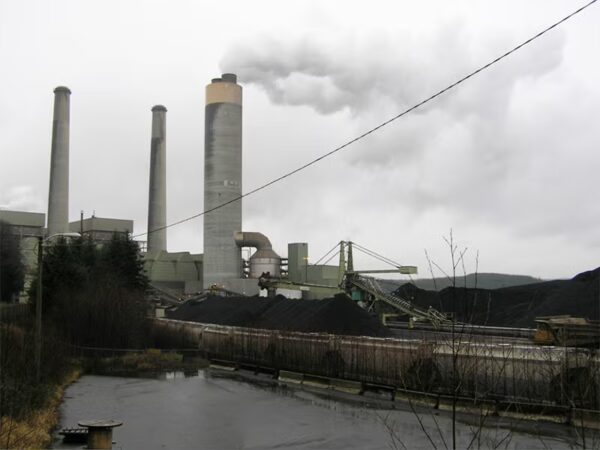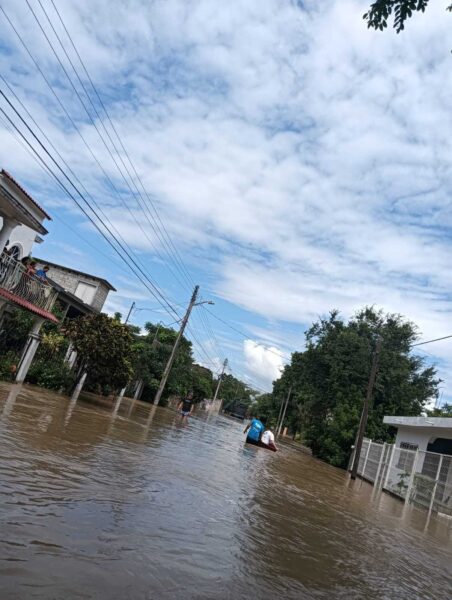Issaquah, August 26 — Washington Conservation Action (WCA) applauds the state Commissioner of Public Lands Dave Upthegrove for his decision to conserve 77,000 acres of older and mature state forestlands. The people of Washington state elected Upthegrove to chart a new course for our forests. With this order, he fulfills a bold campaign commitment.
“Conserving these acres is a big win for people and nature,” says Alyssa Macy, WCA’s CEO. “With climate change upon us, we need a new vision for forestry, one that takes a more holistic view: We must recognize the economic value of timber, but also the clean air, clean water, wildlife habitat, carbon storage and cultural value of the forestlands for which our state is famous.”
The commissioner’s order comes after six months of scientific study analyzing more than 100,000 acres of state forestlands. The data collected will help the Department of Natural Resources (DNR) to better manage these lands, and to explore innovative approaches such as carbon markets, leasing of excess water rights, and credits for avoided wildfire emissions.
At the same time, a legislatively mandated workgroup did an analysis showing that conserving a similar acreage of older forest stands had a positive carbon impact, but only a small temporary effect on timber volume. In other words, conservation of older forests can be good for both business interests and the health of our planet over time. Over the last three years, the legislature has invested $120 million largely to buy replacement timberlands for harvest so that older, complex stands can be preserved.
For more than five years, Washington communities have made clear that they support these kinds of actions to conserve our remaining mature forestlands. In public meetings, comments and protests, Washingtonians have repeatedly pointed out that complex forests have more value as standing, living ecosystems than as logged board feet.
Upthegrove’s action also aligns with DNR’s duty to provide benefit for all the public. In 2022, the State Supreme Court issued a unanimous decision on litigation brought by WCA and partners. The State Supreme Court affirmed that DNR’s mandate is both to generate benefit to trust beneficiaries AND to generate benefit to the public. This is the first major action that puts DNR’s newly affirmed, broad discretion into action.
There is more work ahead, first to implement this commitment in a way provides as much ecological value and local benefit as possible. The DNR must also modernize management of all 2 million acres of state trust lands so that Washington’s communities no longer have to choose between rural economies and a healthy environment.
In the years ahead, we hope to see DNR implement new climate-smart forest management practices to enhance carbon storage and resilience to wildfire in addition to producing timber. DNR will need new processes to engage the public and Tribal Governments to identify needs and priorities on state trust lands, as well as to protect cultural resources. And DNR has opportunities to diversify and enhance revenue by selling ecosystem services and implementing strategies to get more value from timber sales.
“Commissioner Upthegrove is demonstrating what public accountability looks like. He is delivering on the change the Washington voters elected him to deliver: a new path in managing our public state trust lands,” says Rachel Baker, WCA’s forest program director. “We hope this announcement marks the start of a tenure of leadership that benefits both the environment and communities.”
We look forward to working with Upthegrove and DNR on these and other innovative approaches as we care for these forests today, and for generations to come.
Your donation ensures a sustainable future.


